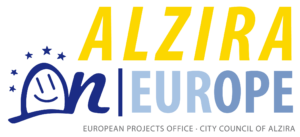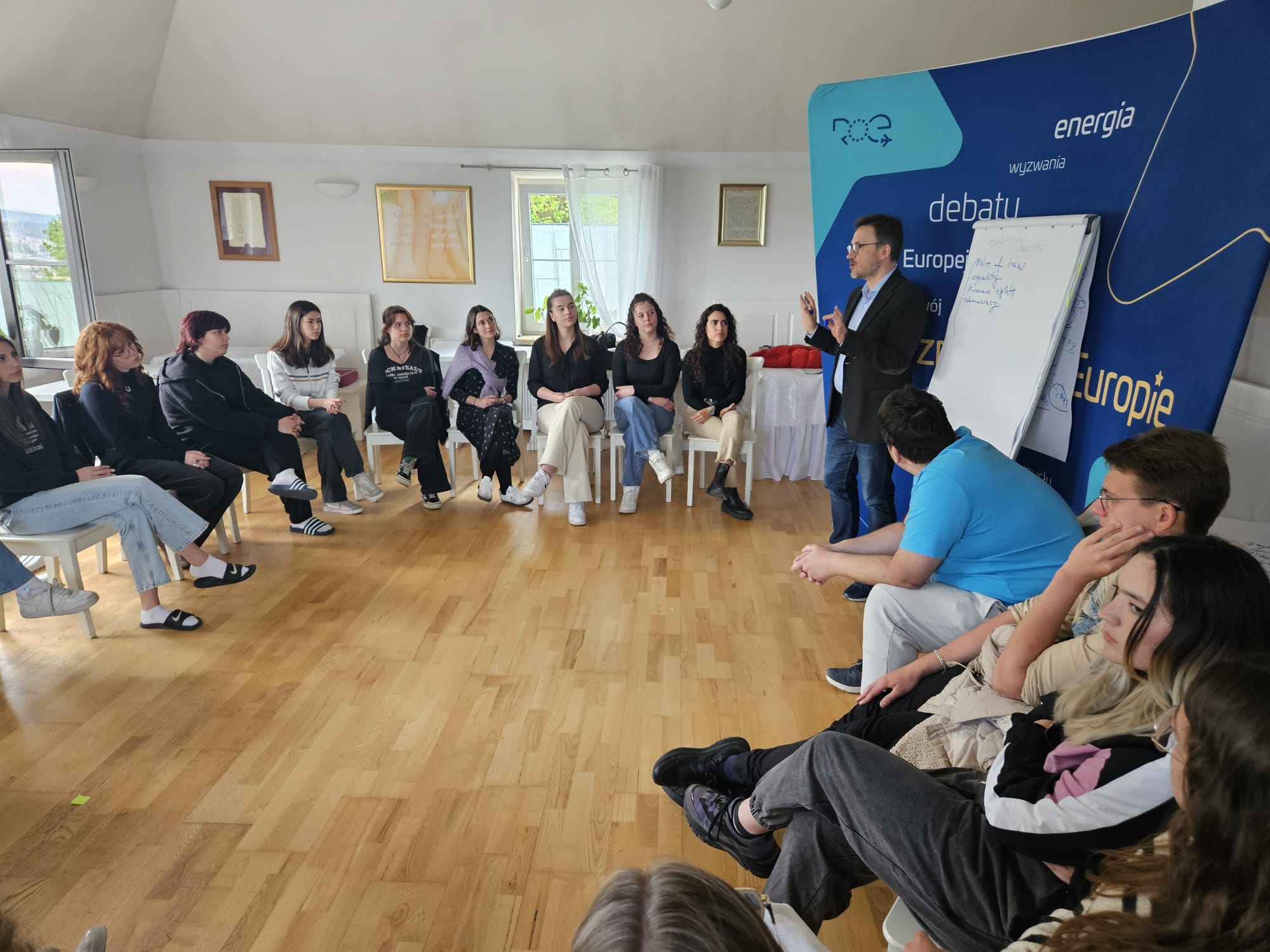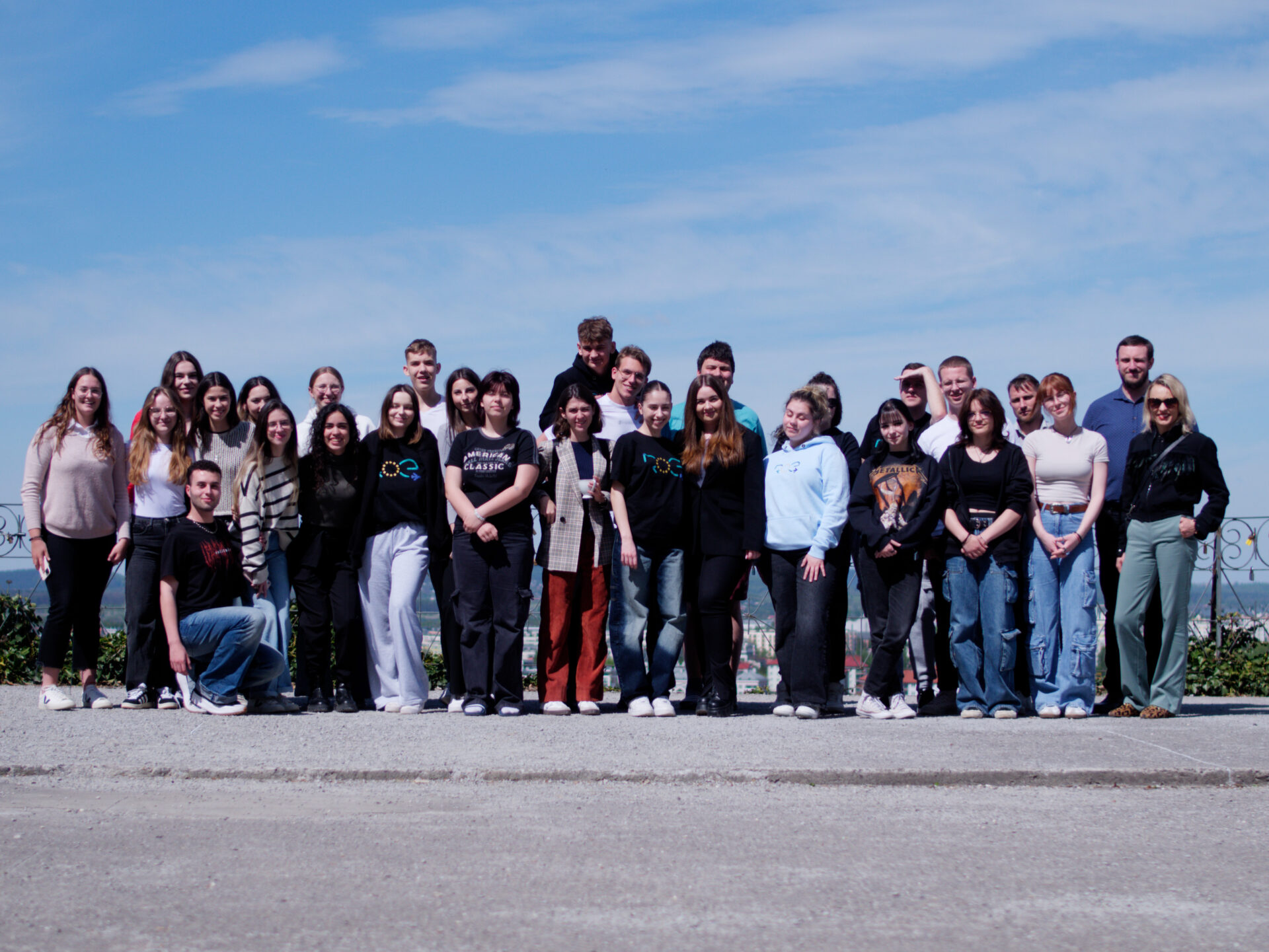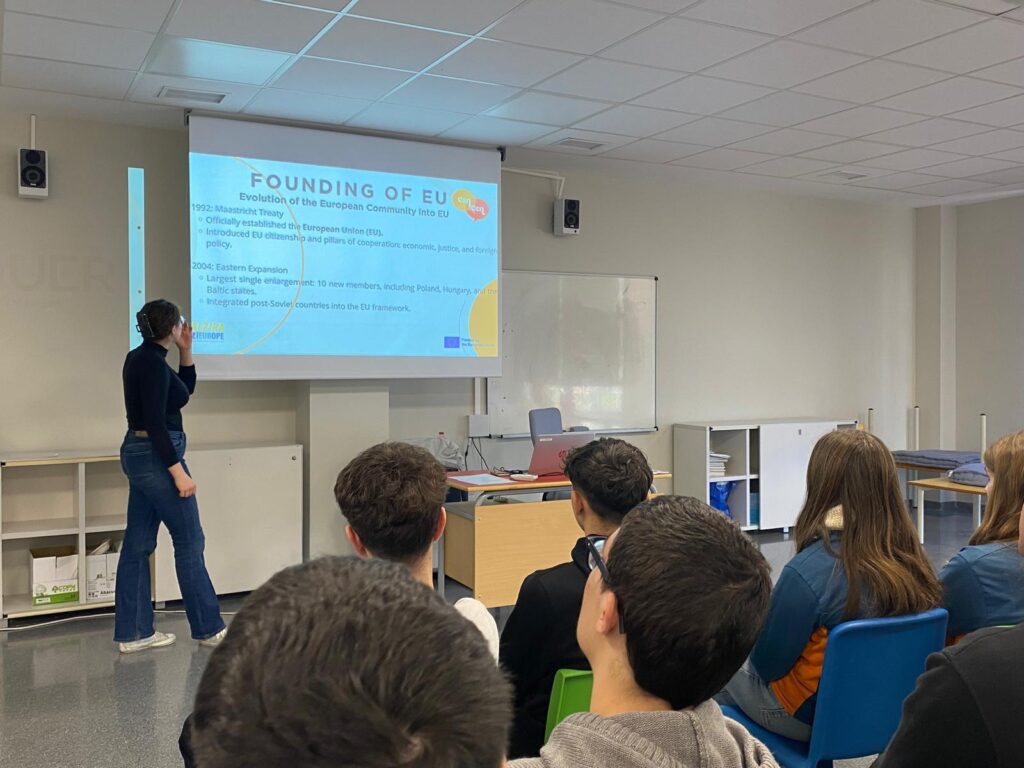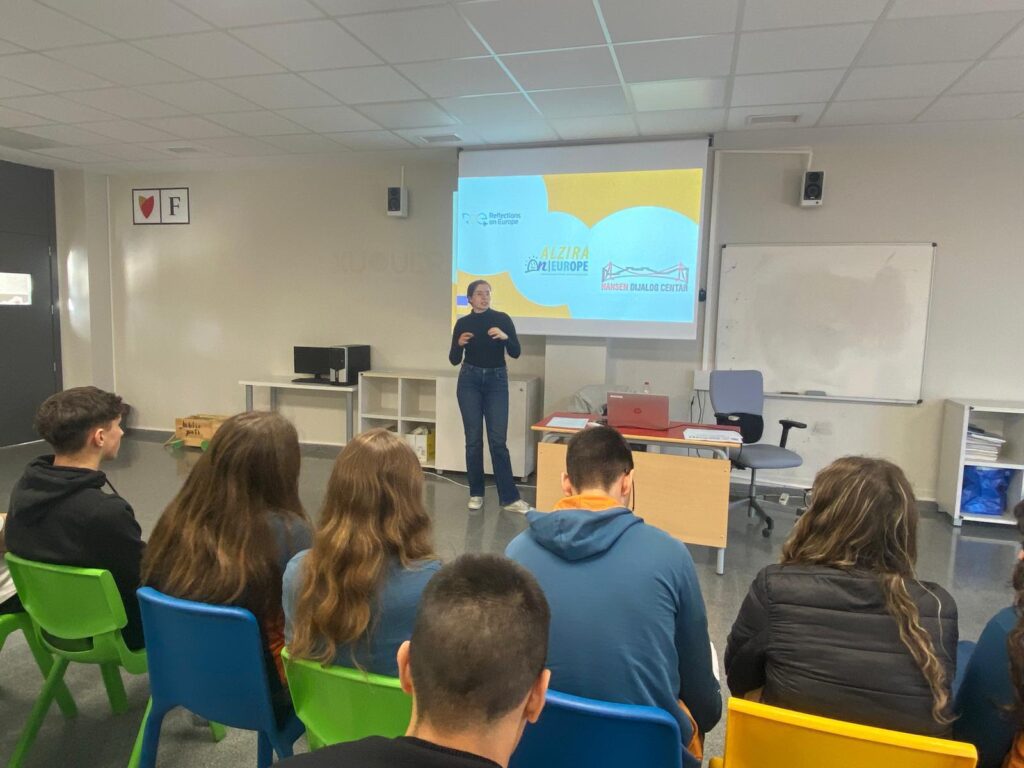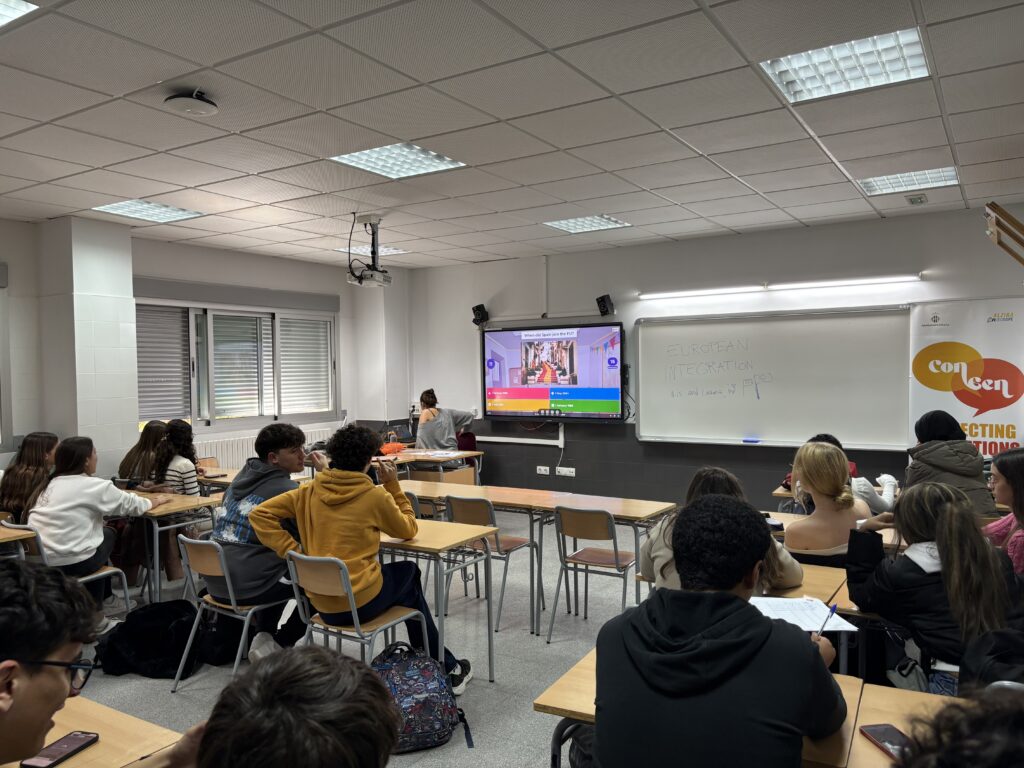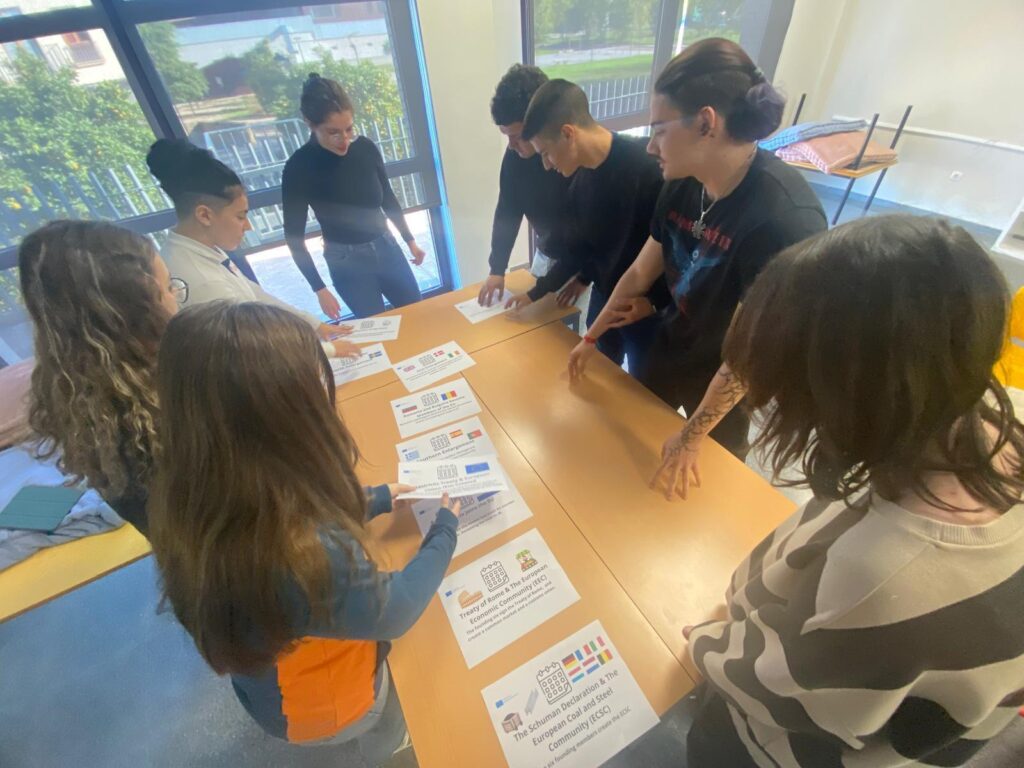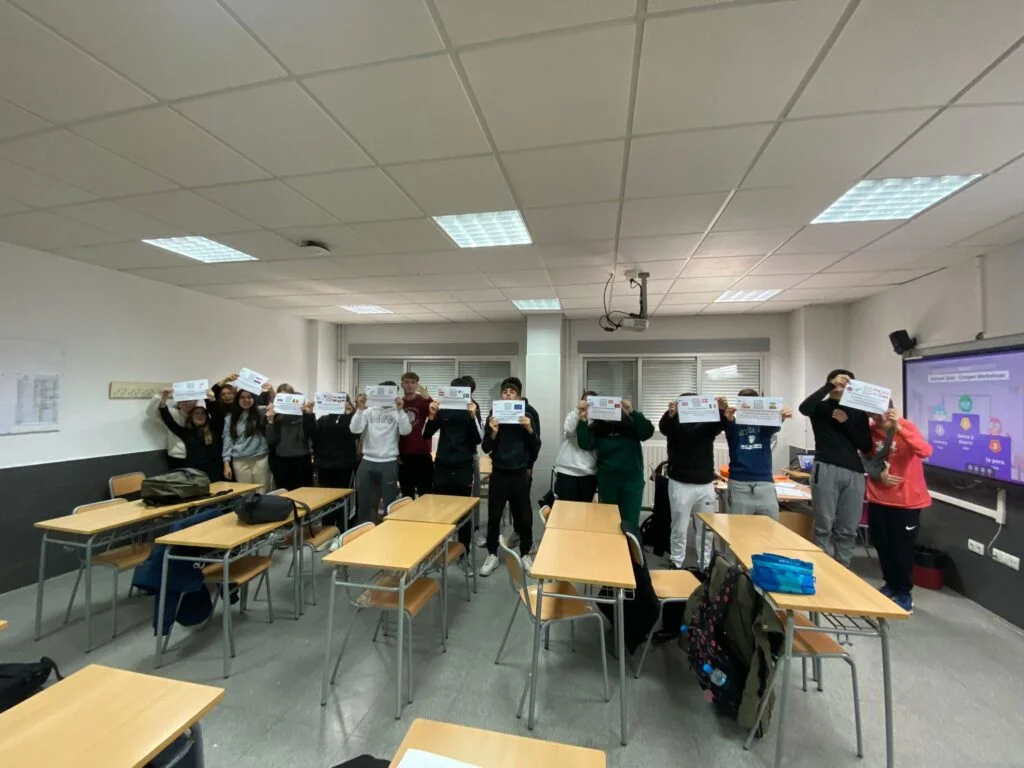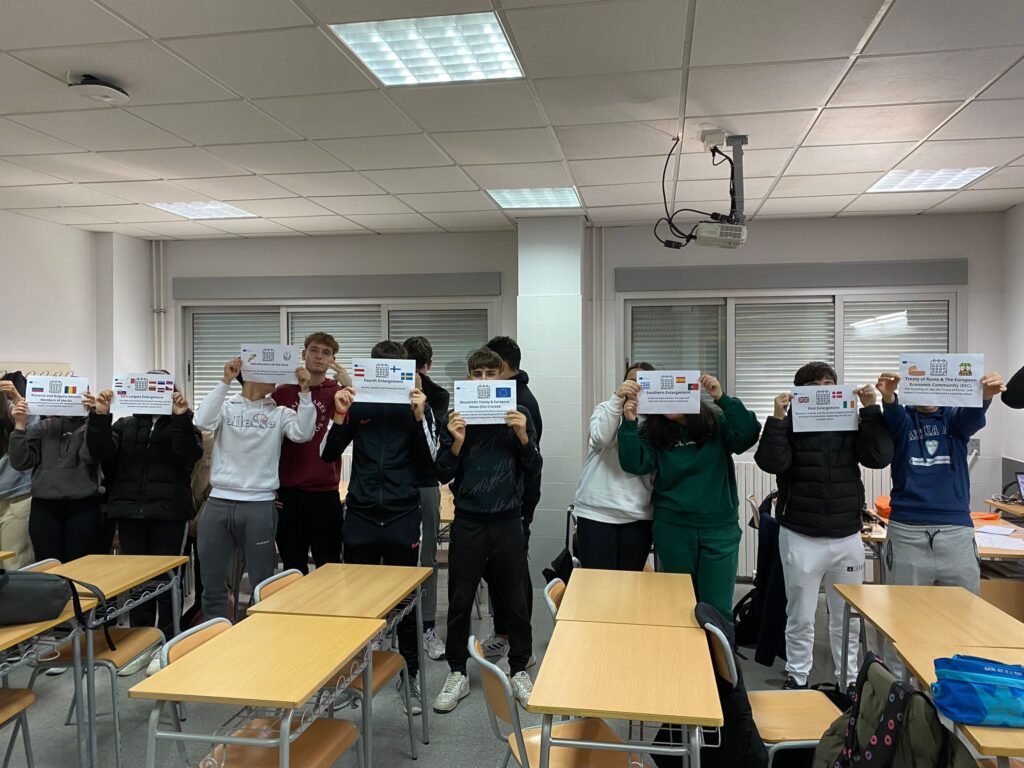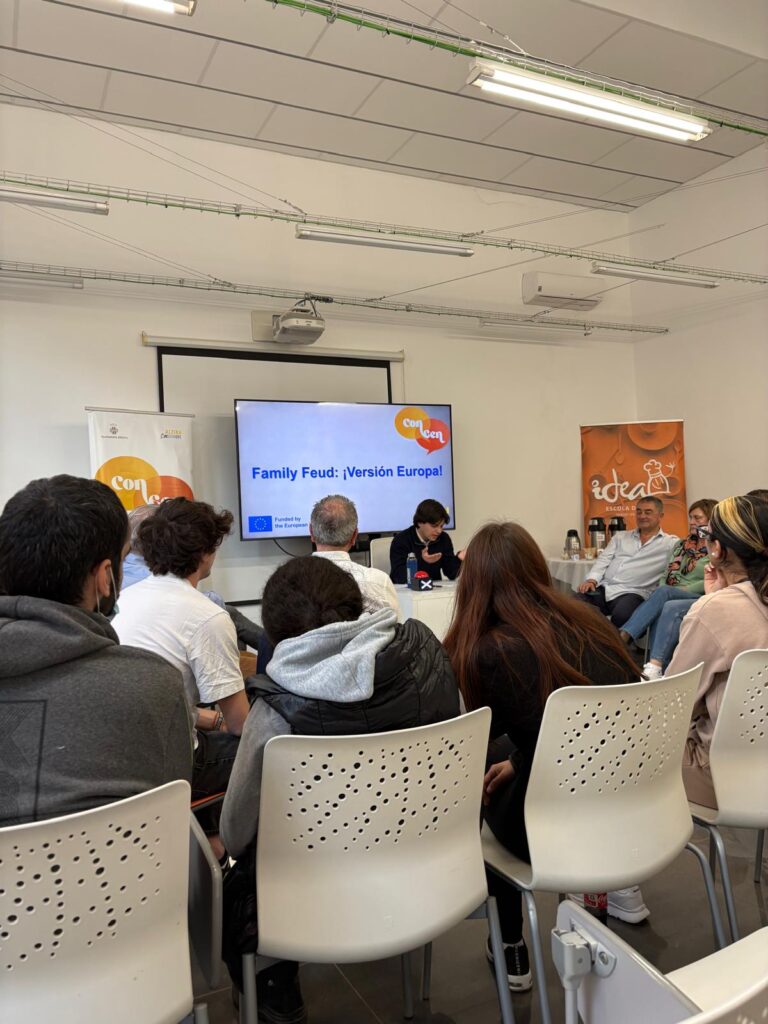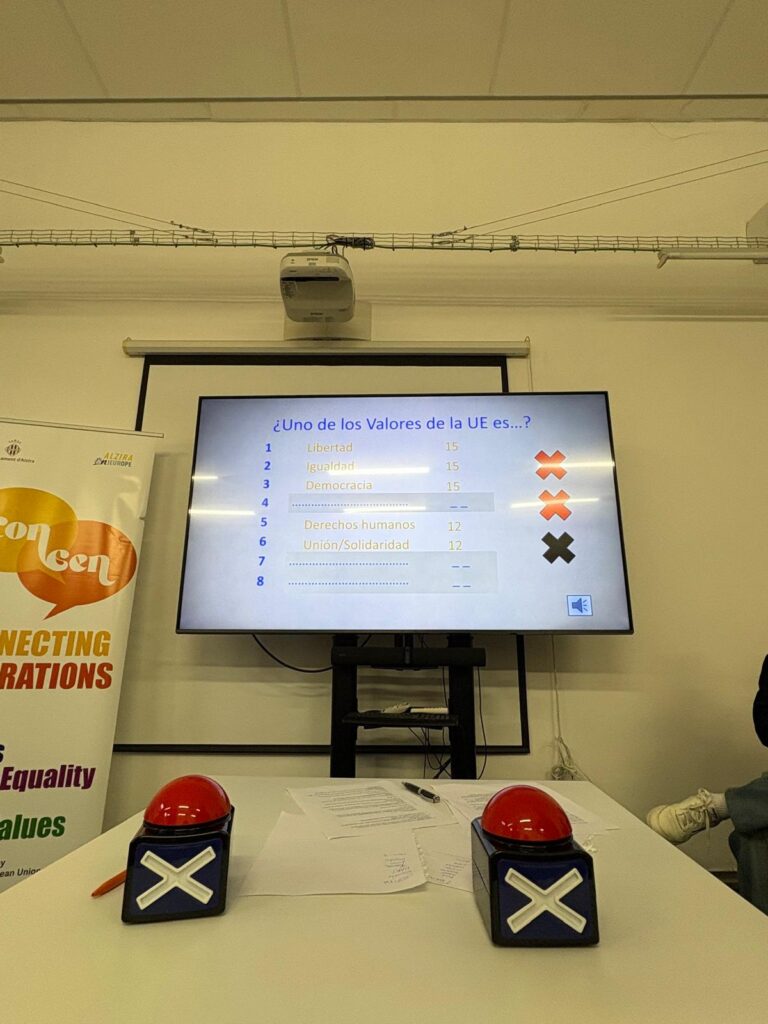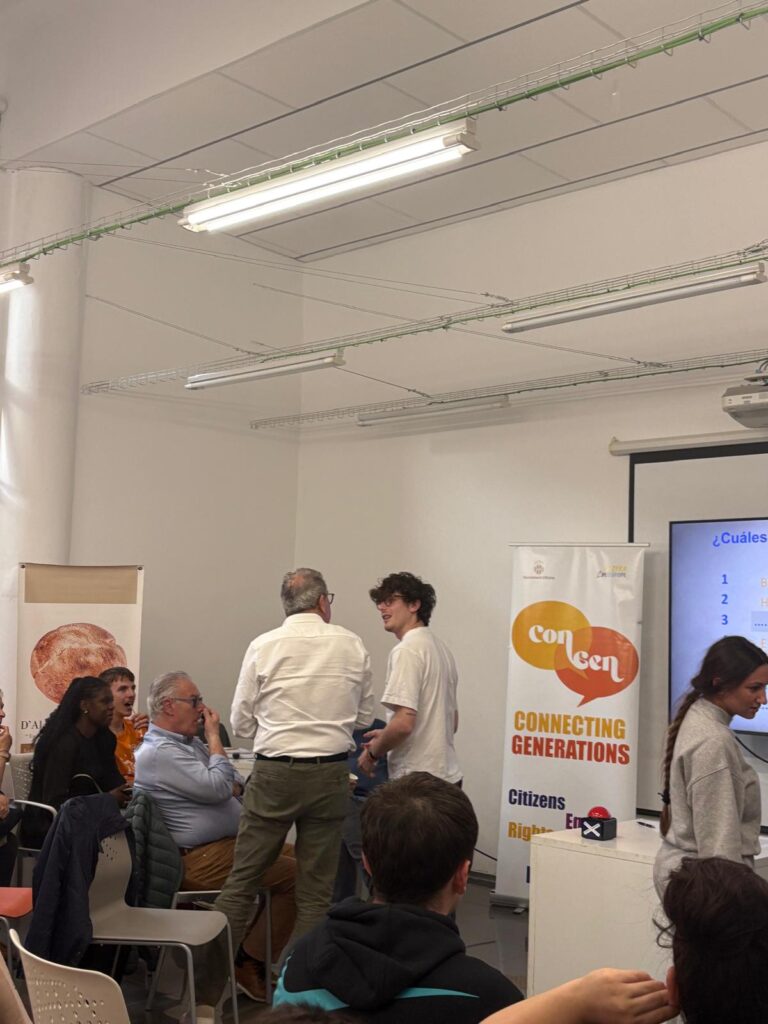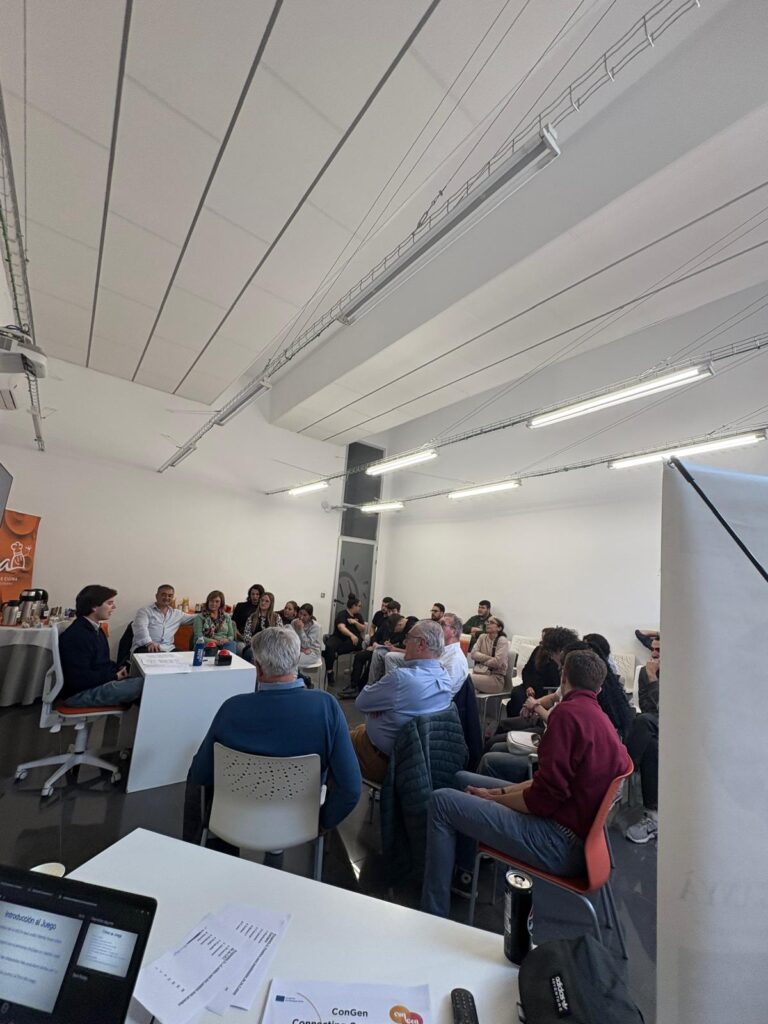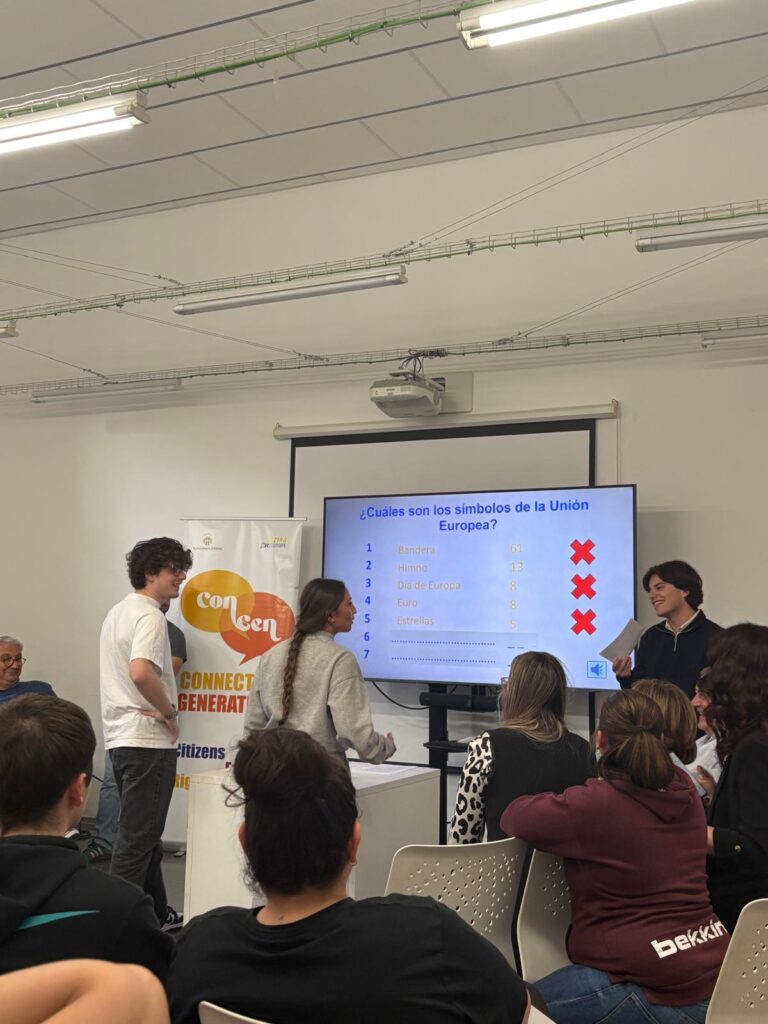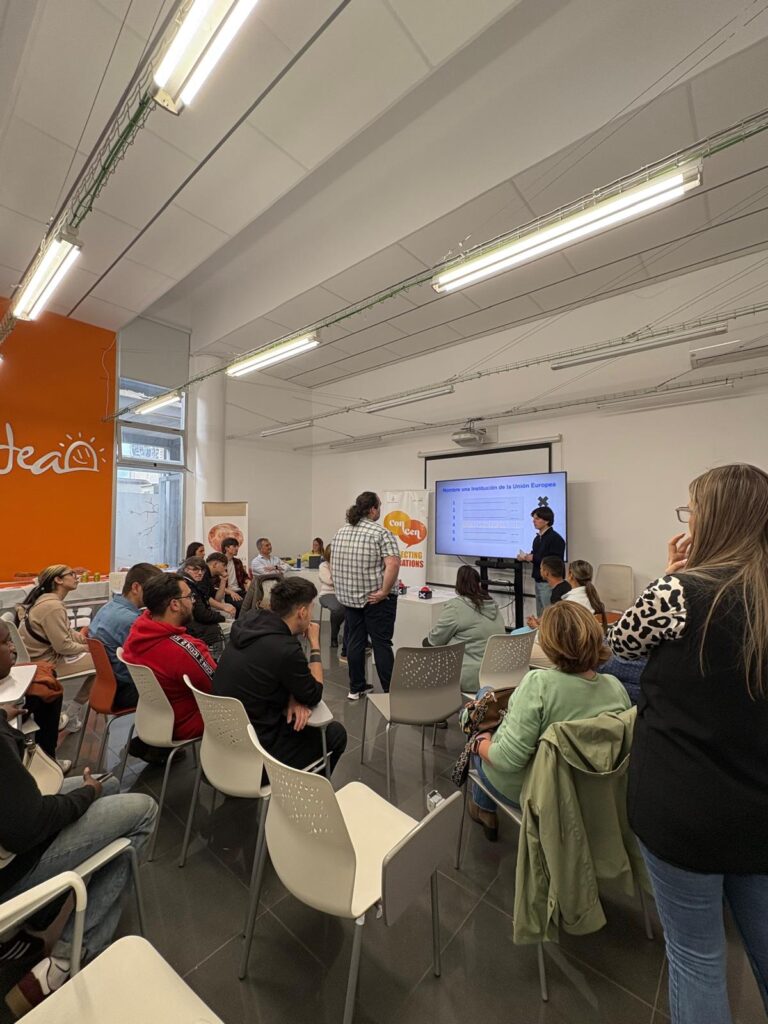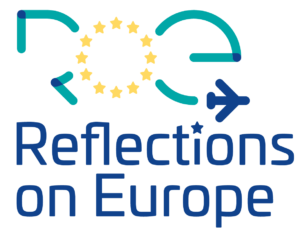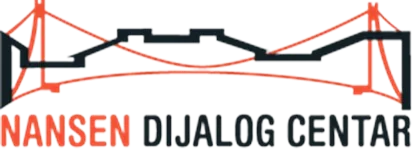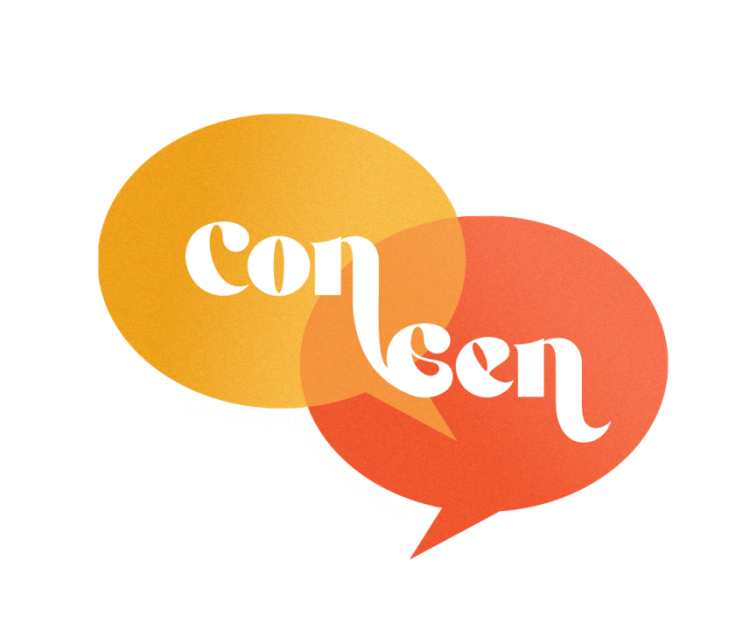
The EU – Connecting Generations (CONGEN)
Creating a connection between the generations by promoting the European idea.

PROJECT’S START DATE: 01/03/2024
PROJECT’S END DATE: 31/08/2025
TOTAL BUDGET: 97 790 €
Description and Objectives
Together with our partners from Poland and Croatia, we will implement a series of activities designed to promote social inclusion for seniors through engagement with young people. Our aim is to enhance intergenerational integration, fostering a space for sharing perspectives and stimulating mutual interest in the topic of the European Union.
Based on our observations and feedback from our partners, we have identified a significant worldview gap between younger and older generations, which hampers collaborative efforts for the benefit of our local communities. We plan to bridge this gap through intergenerational activities that present the history of the European Union in an engaging and accessible manner for both groups. Currently, such activities are not adequately implemented in our partner cities and organizations, so we are committed to addressing this shortfall by focusing on European education through innovative and creative methods.
Project goals
- Foster integration between seniors and young people.
- Facilitate the exchange of experiences and viewpoints across generations.
- Enhance interest in the European Union among both age groups.
MAIN ACTIVITIES
First Activity – A three-day series of workshops for participants from each partner country, led by experienced experts. These workshops will focus on developing skills in moderating discussions, self-presentation, and debating techniques. The goal is to equip participants with the tools needed to lead and facilitate engaging meetings for young people, residents, and seniors.
Second Activity – Each partner country (Poland, Spain, Croatia) will organize five discussion meetings or workshops. These sessions will be facilitated by young participants, with support from EU experts, and will bring together youth, seniors, and local community members. The focus will be on fostering dialogue and building connections across generations while exploring EU-related topics.
Third Activity – The EU Competition: Each country will host five tournaments on the European Union, with themes directly connected to the topics covered during the discussion meetings.
Fourth Activity – An intergenerational study visit to Brussels. Participants from all partner countries will have the opportunity to visit the heart of the European Union, gaining firsthand experience of EU institutions and engaging in meaningful discussions.
1. Meeting in Poland
From April 25th to 29th, the first meeting of our European project took place in Kielce, Poland, at the beautiful Karczówka Monastery. Hosted by our Polish partners, the event focused on the history and values of the European Union, while also helping participants develop essential soft skills.The program began with a warm welcome dinner and a site tour where the project’s goals and rules were introduced.
The second day featured engaging workshops led by Basia Biskup from the Regional Volunteer Center. Young participants from Poland, Spain, and Croatia took part in team-building activities, such as interactive games and the “Mission Impossible” field challenge, which fostered teamwork and cooperation. A thought-provoking debate followed, where participants ranked characters in a story based on their perspectives, encouraging respect for diverse opinions.
Day three shifted the focus to the European Union. Piotr Kaczynski, an EU expert, led discussions on the Union’s impact on young people’s lives, its structure, and European values. Participants worked in groups to create posters on these values and discuss the rights of EU citizens. The day ended with an Intercultural Evening, where each country presented its unique traditions.
On the final workshop day, Kama Kępczynska and Quentin, a volunteer from France, introduced participants to public speaking and self-presentation skills. Activities included partner introductions and group presentations of notable senior citizens. Quentin also led a debate on whether voting rights for those over 65 should be restricted, encouraging participants to articulate and defend their viewpoints.
The meeting concluded with discussions led by the ROE team, outlining future project activities. Each partner country, including Alzira on Europe, will organize events such as discussions and teleseminars involving young people and senior citizens to explore EU topics and strengthen intergenerational connections.
Overall, this first event was a fantastic opportunity to learn, share ideas, and plan the next steps of the project. The experience in Kielce has inspired all participants, and we look forward to the exciting activities ahead!
2. Workshops on "The EU - Connecting Generations (CONGEN)
On December 12th and 13th, we brought the project “The EU – Connecting Generations (CONGEN)” to life by hosting five interactive workshops across three schools in Alzira. These sessions aimed to engage students in exploring the European Union’s past, present, and future, fostering a deeper understanding of its values and institutions.
Here’s a glimpse of what we covered:
- History of the EU
We delved into the milestones that shaped the European Union, using quizzes, videos, and timeline activities to visualize its evolution. - European Integration
Students explored the journey from the European Coal and Steel Community (ECSC) to modern EU enlargement. Through maps and discussions, they analyzed the integration process and debated the future of candidate countries like Ukraine, Georgia, and Serbia. - European Values
Participants reflected on what the EU means to them by creating the “House of Europe” in small groups. This exercise highlighted core EU values and their importance in building a united community. - EU Institutions
We simplified the complex workings of the European Parliament, Council, and Commission with interactive puzzles and group presentations, giving students insight into how these bodies function. - The Future of the EU
Looking ahead, we discussed the potential impact of the 2024 European Parliament elections and shared thoughts on the EU’s challenges and opportunities, from new members to institutional reforms.
These workshops brought together students, creativity, and critical thinking, creating an engaging platform to connect generations through European ideals.
We thank everyone who participated and made these sessions a success! Together, we build the future of Europe.
3. European Tournament - Connecting Youth and Seniors
On April 10th, 2025, Alzira hosted a lively intergenerational event as part of the European project CONGEN. Two vibrant quiz rounds brought together local participants of all ages — from teenagers and young adults to older citizens — who were joined by international volunteers from Germany, Italy, Turkey, France, Belgium, and Portugal. The diverse mix of backgrounds added a unique intercultural flavor to the entire experience.
In true game-show fashion, two teams competed in each round, trying to guess the most popular answers to a variety of questions based on a survey conducted beforehand. Topics ranged from European values and member states to social issues and cultural curiosities. The atmosphere was electric — with buzzers buzzing, lively discussions, dramatic ❌s, and moments of surprise, laughter, and celebration.
Beyond the excitement, the event had a meaningful purpose. It embodied CONGEN’s mission to promote dialogue, understanding, and collaboration between generations, using creative and interactive formats to bring people together. Through the quiz, participants didn’t just compete — they shared perspectives, built empathy, and discovered how much they can learn from one another.
The international volunteers played a key role, not only supporting the teams and managing the quiz but also engaging with local residents, sparking conversations, and creating bridges across borders.
After this great success, we’re excited to announce that three more quiz sessions will take place in early May.
Alzira celebrates Europe – with knowledge, connection, and joy!

This project has been funded with support from the European Commission. This communication reflects the views only of the author, and the Commission cannot be held responsible for any use which may be made of the information contained therein.
